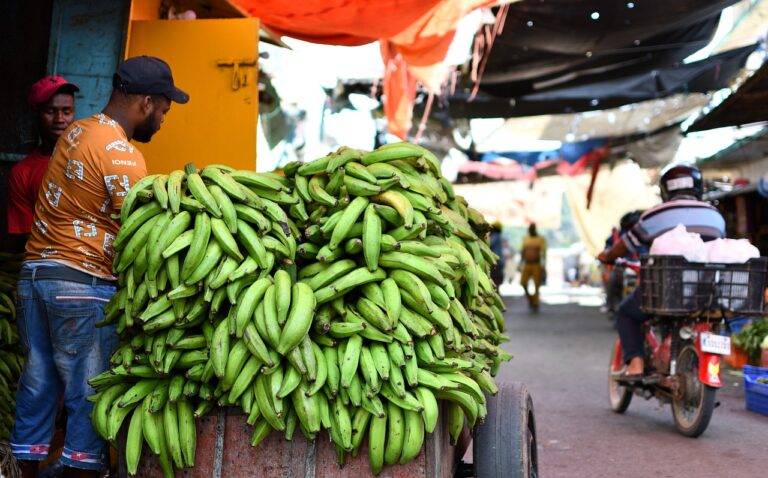Food Industry and Use of Artificial Intelligence
The food industry encounters several obstacles in its quest to meet consumer demands and regulations. One predominant challenge is ensuring food safety throughout the supply chain, from production to distribution. With the global nature of food sourcing, maintaining quality and safety standards can be complex and costly. Contamination risks, such as foodborne illnesses and chemical hazards, add further strain to the industry’s efforts to uphold safety protocols.
Moreover, fluctuating market conditions and consumer preferences pose another hurdle for food businesses. Trends in dietary choices, sustainability practices, and food packaging innovations constantly evolve, requiring companies to adapt quickly or risk falling behind. Balancing these dynamic market demands with the need for operational efficiency and profitability presents an ongoing challenge for food industry stakeholders.
Benefits of Implementing Artificial Intelligence
Artificial Intelligence (AI) is revolutionizing the food industry by streamlining processes, boosting efficiency, and enhancing overall productivity. Through AI-driven technologies, businesses can optimize their operations by analyzing vast amounts of data in real-time, leading to more informed decision-making. The implementation of AI enables food companies to forecast demand accurately, improve inventory management, and enhance supply chain logistics, ultimately reducing wastage and increasing profitability.
Furthermore, the use of AI in the food industry enhances the quality and safety of products, ensuring compliance with regulatory standards. AI-powered systems can monitor food safety parameters like temperature, storage conditions, and expiration dates, minimizing the risk of contamination and foodborne illnesses. By leveraging AI for quality control and hazard analysis, companies can uphold high standards of food safety, build consumer trust, and safeguard public health.
Role of Artificial Intelligence in Food Safety
Artificial Intelligence (AI) is becoming increasingly important in ensuring food safety throughout the entire supply chain. By utilizing AI technologies such as machine learning and data analytics, food companies are able to more efficiently track and monitor various aspects of food production and distribution. This includes detecting potential contaminants, predicting quality control issues, and even enhancing traceability to quickly respond to any safety concerns.
Another significant role of AI in food safety is in the prevention of foodborne illnesses. AI-powered systems can analyze vast amounts of data in real-time to identify patterns and potential risks in food production processes. By doing so, AI can help food manufacturers improve their procedures to minimize the chances of contamination and ensure that consumers are provided with safe and high-quality products.
• AI technologies such as machine learning and data analytics play a crucial role in tracking and monitoring food production processes
• Detecting potential contaminants and predicting quality control issues are some of the key functions of AI in ensuring food safety
• Enhancing traceability through AI helps in quickly responding to any safety concerns that may arise
• AI also plays a significant role in preventing foodborne illnesses by analyzing vast amounts of data to identify patterns and risks in production processes
• By improving procedures, AI helps minimize the chances of contamination and ensures consumers receive safe and high-quality products
What are some common challenges faced by the food industry in ensuring food safety?
Some common challenges include foodborne illnesses, contamination of food products, improper handling and storage of food, and lack of real-time monitoring of food safety protocols.
How can implementing artificial intelligence benefit the food industry in ensuring food safety?
Implementing artificial intelligence can help in automating processes, detecting potential food safety issues early on, improving traceability of food products, and enhancing overall efficiency in food safety management.
What role does artificial intelligence play in food safety?
Artificial intelligence plays a crucial role in food safety by analyzing vast amounts of data to identify potential risks, monitoring and controlling food production processes in real-time, and enabling predictive analytics to prevent food safety incidents.
Can artificial intelligence help in reducing food waste in the food industry?
Yes, artificial intelligence can help in reducing food waste by optimizing inventory management, predicting demand for food products, and identifying areas where food spoilage or contamination may occur.
How can food companies incorporate artificial intelligence into their food safety protocols?
Food companies can incorporate artificial intelligence by investing in AI-powered technologies such as sensors, data analytics software, and machine learning algorithms to enhance food safety practices and ensure compliance with food safety regulations.







